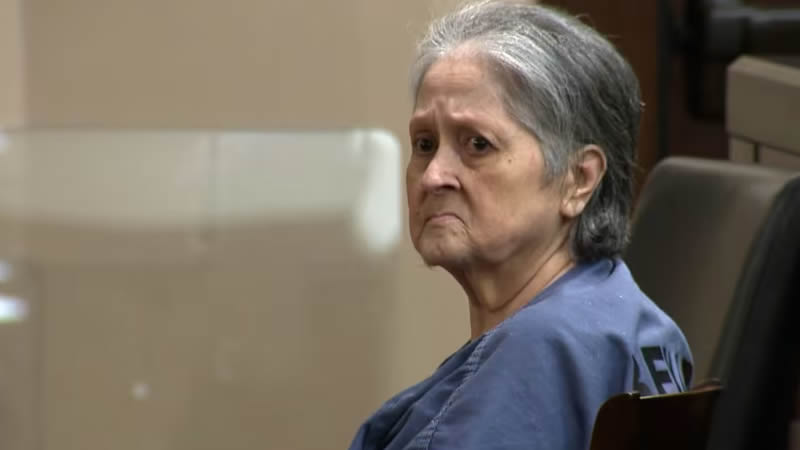Authorities discovered a woman sitting on the floor near the bodies of her two sisters, one of whom she had killed, according to a report by Law and Crime. This unsettling incident has shocked the local community, raising questions about mental health, familial relationships, and the justice system’s handling of such delicate situations.
The woman at the center of this tragic event, whose identity remains protected due to privacy concerns, was found in a state of distress, surrounded by the lifeless bodies of her sisters. According to police reports, one sister was already deceased when officers arrived, while the other succumbed to her injuries shortly after. The survivor, grappling with the traumatic loss of her siblings, was described as being in a state of shock and despair.
This case has garnered significant attention, not only because of the tragic loss of life but also due to the unusual legal outcome. Despite the gravity of her actions, the woman will avoid prison, a decision that has sparked debate among legal experts, mental health professionals, and the public.
Initial investigations revealed that the woman had a long history of mental health issues. Her condition had deteriorated over time, and it is believed that she was not receiving adequate treatment, likely contributing to the tragic outcome.
During the court proceedings, her defense team highlighted her severe mental illness, arguing that she was not in a rational state of mind at the time of the incident. They presented evidence from medical professionals who attested to her fragile mental state, emphasizing the need for psychiatric care rather than incarceration.
The judge determined that the woman would benefit more from intensive psychiatric treatment than from time behind bars. The judge stated, “It is clear that this woman was not in control of her actions due to her severe mental illness. Incarceration would not address the root cause of this tragedy. Instead, we must ensure she receives the treatment she desperately needs to prevent any further harm.”
The ruling has been met with mixed reactions. Some community members and victims’ advocates argue that justice has not been served, believing that the woman should be held accountable for her actions. They express concerns that this decision sets a dangerous precedent, potentially allowing others to escape punishment for serious crimes by citing mental illness.
On the other hand, mental health advocates praise the ruling, viewing it as a progressive step towards recognizing the complexities of mental illness in the criminal justice system. They argue that incarcerating individuals with severe mental health issues does little to address their underlying problems and often exacerbates their conditions. Instead, providing appropriate treatment and support can lead to rehabilitation and prevent future incidents.
Dr. Emily Thompson, a leading psychiatrist, commented on the case, stating, “This ruling acknowledges that mental illness is a significant factor in many criminal cases. It highlights the need for a more nuanced approach to justice, one that considers the individual’s mental state and provides appropriate treatment. This woman needs compassion and care, not punishment.”
The woman has been placed in a secure psychiatric facility, where she will undergo comprehensive treatment and evaluation. The facility specializes in treating severe mental health conditions and aims to provide a safe and supportive environment for her recovery. She will be closely monitored by a team of medical professionals, who will develop a tailored treatment plan to address her specific needs.
This case emphasizes the importance of addressing mental health issues proactively. Experts emphasize the need for better access to mental health services, early intervention, and continuous support to prevent such tragedies. They advocate for increased funding for mental health programs and greater public awareness to reduce the stigma surrounding mental illness.
Family members of the victims have expressed their grief and frustration. One relative, speaking on condition of anonymity, said, “We are devastated by the loss of our loved ones. This tragedy could have been prevented if she had received the help she needed. We hope this case brings attention to the critical need for mental health support and prevents other families from experiencing such heartbreak.”


